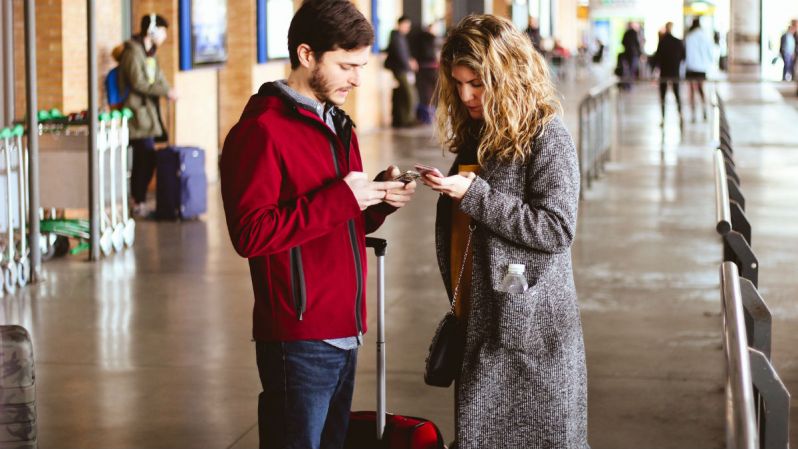
If we’ve learned anything from the now infamous United Airlines debacle, it’s that dragging battered and bloody passengers from a plane is a less than ideal way to reconcile an overbooked flight situation. However, the incident (and others like it) sparked a broader conversation about the concept of overbooking in general.
Like it or not, most flights in modern aviation history have sold more tickets than the plane can accommodate (some airlines like JetBlue do not oversell, however). It’s a relative secret of the industry that many passengers are surprised to learn. The first tip to “surviving” an overbooked flight is to be prepared so that you can use it to your advantage.
Don’t Volunteer (to Be a Sucker)
On any overbooked flight, airlines are required by the Department of Transportation to request volunteers. However, the compensation provided to volunteers is an open negotiation directly between passengers and the airline. They may try to bump you for a $100 voucher and a promise to put you on the next flight. Some travelers may be just fine with this. However, it can pay (sometimes handsomely) to hold out for more. Remember, it’s a negotiation, so start high with the compensation you’re willing to accept. It’s also critical to read the fine print on such vouchers as some expire in just a few months and/or carry heavy restrictions (e.g. no international travel, strict blackout dates, etc.). For that reason alone, consider demanding a check instead.
Bumped Passengers Get Paid
Involuntarily bumped passengers are afforded straightforward federal protections. Airlines are required to get passengers to their final destination within an hour of their scheduled flight or substantial compensation kicks in:
- Between 1-2 hours late (1-4 hours on international flights), airlines pay twice the original one-way fare, up to $675.
- More than 2 hours late (4-plus hours if flying internationally), airlines pay four times the one-way fare, up to $1,350.
Status is a Good Thing
The order in which passengers are bumped is entirely at the whim of each airline. Most consider unaccompanied minors, military members, travelers with disabilities, or those who can prove “severe hardship” last. However, many airlines also list loyalty program status as a consideration. Bottom line: It pays to be in the airline’s club. Even if you’re not a frequent flyer, joining their free loyalty program could place you below non-program members when it comes time to start kicking (or dragging) passengers off the plane.
Don’t Cash That Check
Lastly, that compensation check you receive from the airline is your final bargaining chip in any overbooked situation. Once you cash it, you’re all but waiving any future rights to negotiate. If your out-of-pocket expenses were more than what the airline compensated you for, you can always call and consult further with their complaint department. Or, as an absolute last resort, take them to court.
Once you work through this mess and finally board a plane, treat yourself to this travel-themed playlist:
Article originally published April 18, 2017. Last update April 27, 2018.



